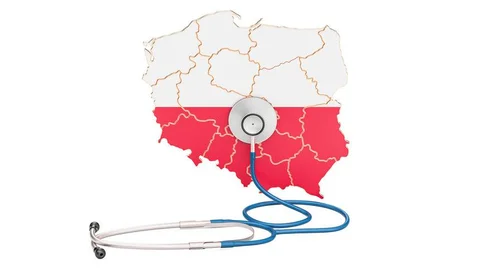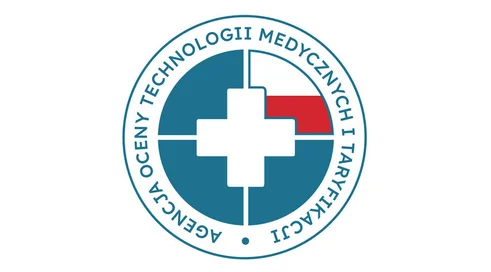More patients will benefit from more services, and doctors will order more tests - these are expected to be the benefits of the changes in primary health care that went into effect in November. The Health Ministry is reminding how coordinated care will now work and what powers primary care physicians will have.
More patients are now expected to benefit from coordinated care. In diabetology, these include patients with pre-diabetic conditions, and in endocrinology, patients with hyperthyroidism. There will also b...
Content locked
To gain access to the complete English section of the Medexpress.pl, kindly reach out to us at [email protected].
If you already have an account, please log in



















